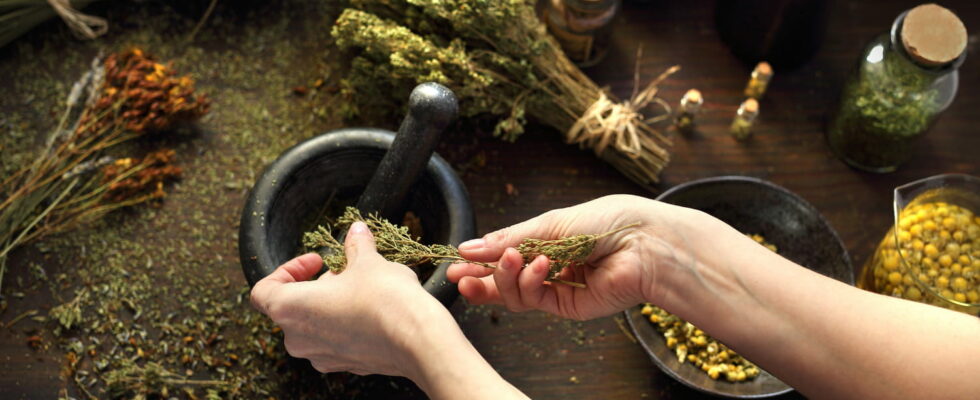It also relieves back pain.
Autumn unfortunately heralds the return of humidity and cold. It causes a decrease in muscle tone and often makes joints more painful. A difficult moment to bear for the 10 million French people affected by osteoarthritis. This chronic joint disease causes pain, stiffness and swelling. Several natural remedies are commonly used to relieve these symptoms, including physical activity, hot water bottles and following an anti-inflammatory diet. You can also use herbal medicine to reduce osteoarthritis pain. One plant is particularly recommended by specialists.
Thanks to its anti-inflammatory and analgesic active ingredients (against pain), “this plant is effective in relieving joint pain, acute or chronic, particularly rheumatism”explains Dr Carole Minker, doctor of pharmacy and pharmacognosy. A study published in 2007 had validated these benefits in cases of acute and subacute inflammation. “The plant relieves pain and improves mobility in a number of musculoskeletal conditions with a beneficial effect on pro-inflammatory markers” confirms our interlocutor. Another one study published in 2000 showed that this plant was particularly effective in relieving osteoarthritis of the spine, hip and knee.
Have you discovered it? This is the harpagophytum also called “Windhoek root” or “devil’s claw” because of the curious shape of its fruits, surrounded by hooks in the shape of long claws. “It is a plant from the arid regions of southern Africa whose root is used for its medicinal properties” continues the specialist. “It is used against back pain, in the lumbar region and the sacrum (in the lower back), in cases of degenerative joint diseases, tendinitis, headaches and menstrual pain.”
The plant is available in pharmacies. The best according to Dr Minker is to use it in the form of powder capsules or extract dosed with harpagoside, or even in the form of fluid extract dosed with harpagoside. “There are also infusions and macerations but they are recommended in cases of digestive disorders and not for the joints, because they are too diluted” naturopath Hélène Comlan told us. The use of harpagophytum is not recommended during pregnancy, breastfeeding and in cases of peptic ulcer or gastritis.
Thanks to Dr Carole Minker, doctor of pharmacy and pharmacognosy and author of the book “Le Petit Larousse de l’Herboristerie” published by Larousse.
